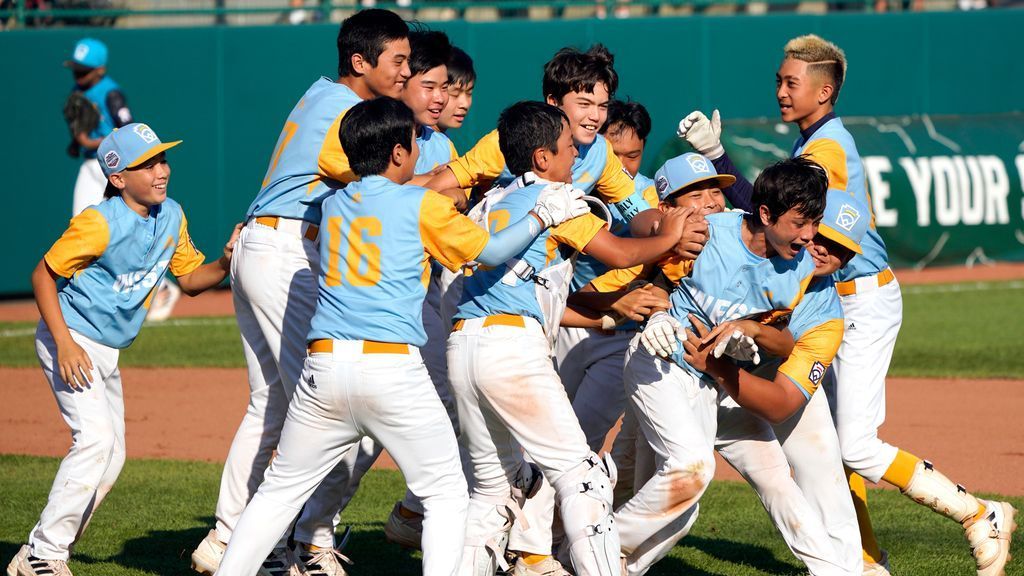Sorry to jump into this conversation late, but I completely get your take on some of the youth organizations. There are programs out there that cater to individual talent over team building, and foster entitlement in the process (by both kids AND parents). My son just switched as well (different sport) after finally having had enough with an increasing number of bullies on his and other friends of his teams within the organization. The final straw was that his coach last year willfully ignored highly disruptive behaviors from a handful of kids, despite their detriment to the team. Meanwhile others (apparently not deemed as important) were reprimanded for far less. At the ripe old age of 12, he was able to sift through the ******** and realized that a system of disproportionate accountability was not where he wanted to be. Not that he needed validation, but literally half of his teammates also left for pretty much the same reason. He loves his new locker room and so far is in a place that appears to be invested in growing his AND his entire team’s talent.
You’re absolutely right.
There are leagues with differing philosophies about their reason for being. Some are “community leagues” that emphasize participation and recreational fun (to play) and there are those that conscientiously elect to be “leagues of excellence“ that emphasize above all individual development and competitively putting the very best product forward (to win).
Both have a legitimate purpose but you can’t be both.
By in large, the Little League organization strives for the former. You see this reflected in their rules and nurturing style of play. Like the mandatory substitution of players to ensure everyone gets a minimum of one at-bat and three-out on defense. Every child in the community who wants to play will be on a team, and they will practice and play.
American Legion, Babe Ruth and Pony League usually strive to be more on the “league of excellence“ side of the ledger. The player members are often recruited and join by invitation only, and coach/managers work hard to attract the very best players possible. Usually there is no such thing as mandatory player substitution here and the primary goal is to be as good as they possibly can be in the win-loss column.
That being said, there are some coaches who don’t understand what kind of league they are in and their intention is that ”their” teams reflect the coach’s own attitudes and priorities rather than the league’s. Any coach striving to be a “team of excellence” playing in a “community league” just doesn’t understand the overall picture and can do a lot of damage working with kids whose development and abilities demand a nurturing environment. Likewise, a coach who sees his team as being a “community participation team” playing in a “league of excellence” robs individual players who are capable of achieving a much higher level-ceiling of play.
Either of those coaches I would call a “bad coach”, not because they are necessarily intentionally harmful or just lousy at mentoring and/or “coaching, but because they don’t understand their proper role within the philosophy of the larger organization.
And then, of course, there are just people who have no business working with youngsters, don’t understand the game of baseball, maybe never played themselves, and who are there just as an exercise to their own ego.
Having played and coached in both types of organizations, I will add that as important as it is that the coaches understand what kind of league they are coaching in, it is doubly-important that parents understand what kind of the league they are getting their kids involved in.

